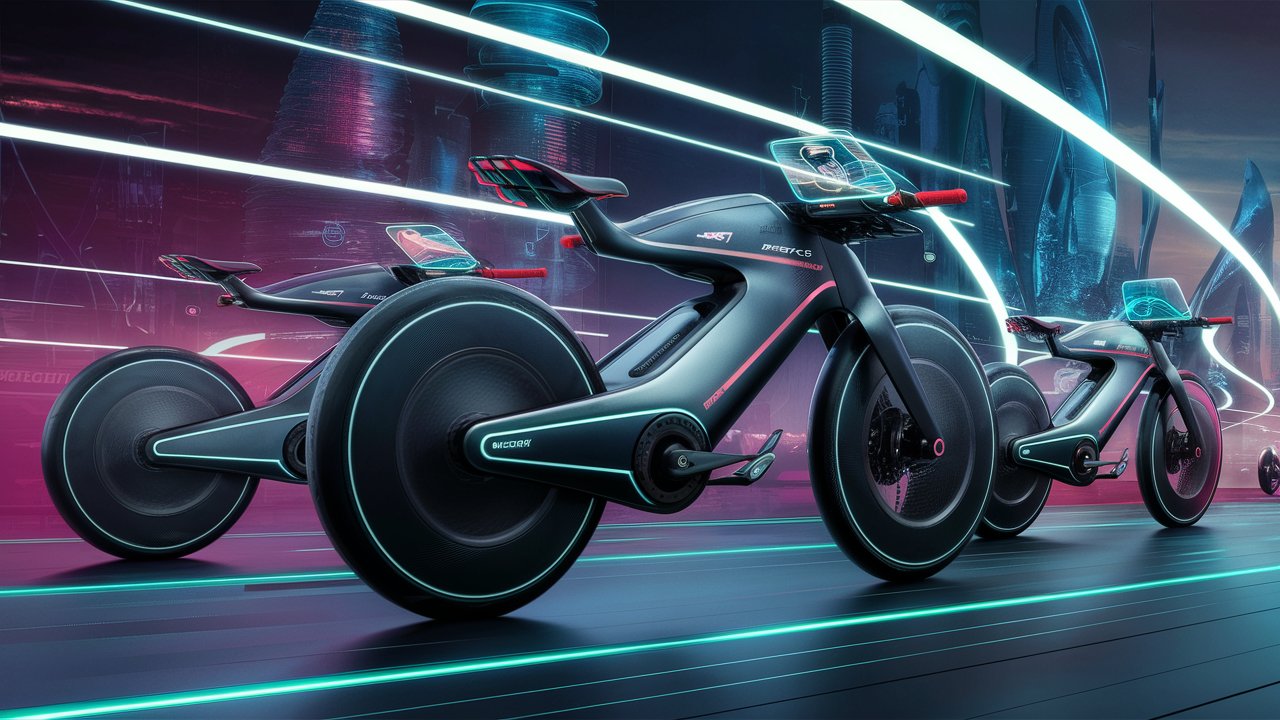Electric Scooter Age Minimums – Why 18+ is Safer
| Key Takeaways | |
|---|---|
| Younger riders show higher injury rates | |
| Cognitive development continues through 18 | |
| impulse control remains limited in teens | |
| Traffic awareness skills still progressing | |
| Penalties enforced against underage riding | |
| Verified accounts limit rental access |
Introduction
Leading shared electric scooter operators like Bird, Lime and Lyft institute 18+ age minimums within service terms across markets nationally. This ridership policy limits legal liability risks given safety concerns over scooter handling capabilities before fully developed adolescence. Reviewing medical evidence on teenage physical and cognitive maturity explains the rationale targeting mature consumers exclusively.
Heightened Risk Factors Among Younger Riders
Insurance Claim Data Points
According to insurance industry datasets tracking emergency room visits, riders aged 17 and under face over 30% higher chances experiencing injuries requiring medical treatment compared to older adults when involved scooter accidents under similar circumstances.
Increased Incident Likelihood
Additionally, metropolitan police records covering scooter and bicycle accidents also document substantially greater collision, fall and riding error frequencies incurring physical harm for younger teens contrasted with comparable adult cohorts tracked.
Medical Research on Teen Physical Motor Skills Development
Neurological Development Ongoing
Scientific research outlines the human central nervous system continues strengthening neurological connections improving balance and motor skills drastically up through age 20 as bodies grow. Teenagers remain mid-transition physically mastering coordination plus spatial judgment capabilities altered regularly during growth spurts.
Musculoskeletal Changes Underway
Likewise, bone and muscle density gains accelerating during adolescent puberty shifts still stabilize fully by 18. So teens may prove physically strong yet highly accident prone riding electric vehicles given transitional strength volatility versus mature bodies.
Cognitive Skill Gaps Among Teenaged Brains
Judgement and Risk Evaluation Incomplete
Neuropsychology studies also reveal the prefrontal cortex responsible for critical thinking and risk evaluation completes crucial developmental phases lasting through the mid-20s that directly enable safer situational reaction times and impulse control during complex decision windows.
Traffic Rule Retention Trails
Educational research shows traffic sign interpretation, rule retention and hazard perception skills remain markedly lower throughout teenage years compared to older adults even when demographically balanced for exposure experience. Simply put, critical riding knowledge is under retained long term.
Penalty Deterrents Against Underage Ridership
Account Deactivation Policy
If under 18 riders get injured or complaint reports identify minors renting vehicles, scooter companies immediately disable app access plus payment credentials permanently banning future service privileges as violation deterrence. Harsh yet lawful given safety priorities.
Civil and Criminal Liability
Additionally, legal teams warn that minors assume full criminal and financial liability for all rules violations, damages or injuries incurred illegally operating vehicles without adult supervision against terms where unsafe judgement overwhelmingly trends likely. Households carry burden.
User Identity Verification Mandates
Multi-factor Authentication
Leading scooter rental brands require uploading government identification proving ages over 18 in addition phone numbers connected to validated payment systems to ensure registered accounts remain legitimate avoiding fraudulent fakes. Extra steps deter deceit.
Facial Recognition Scans
Newer app features apply facial scanning biometrics matching selfies to ID photos during signup to further combat falsified underage accounts. All riders undergo authenticated vetting first now before rental privileges activation regionally.
In summary, limiting electric scooter rentals exclusively to vetted legal adults follows consistent safety data trends revealing still-developing teenager brains, bodies and judgement that escalate injury risks drastically outweighing mobility value currently – but perhaps policy changes pending future evidence.
